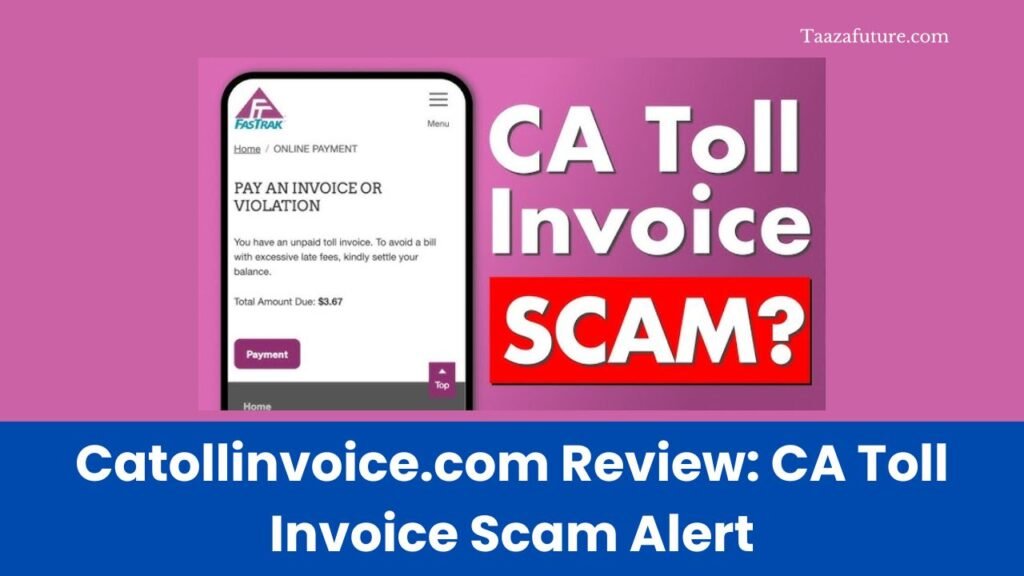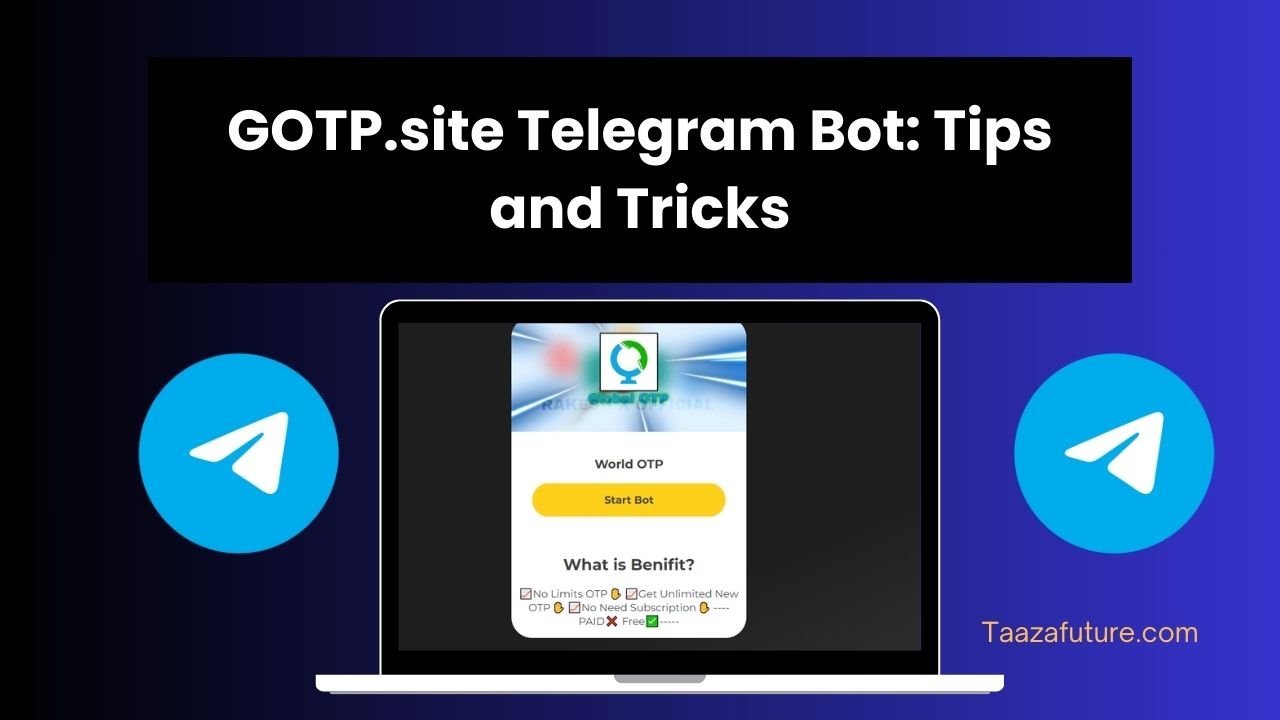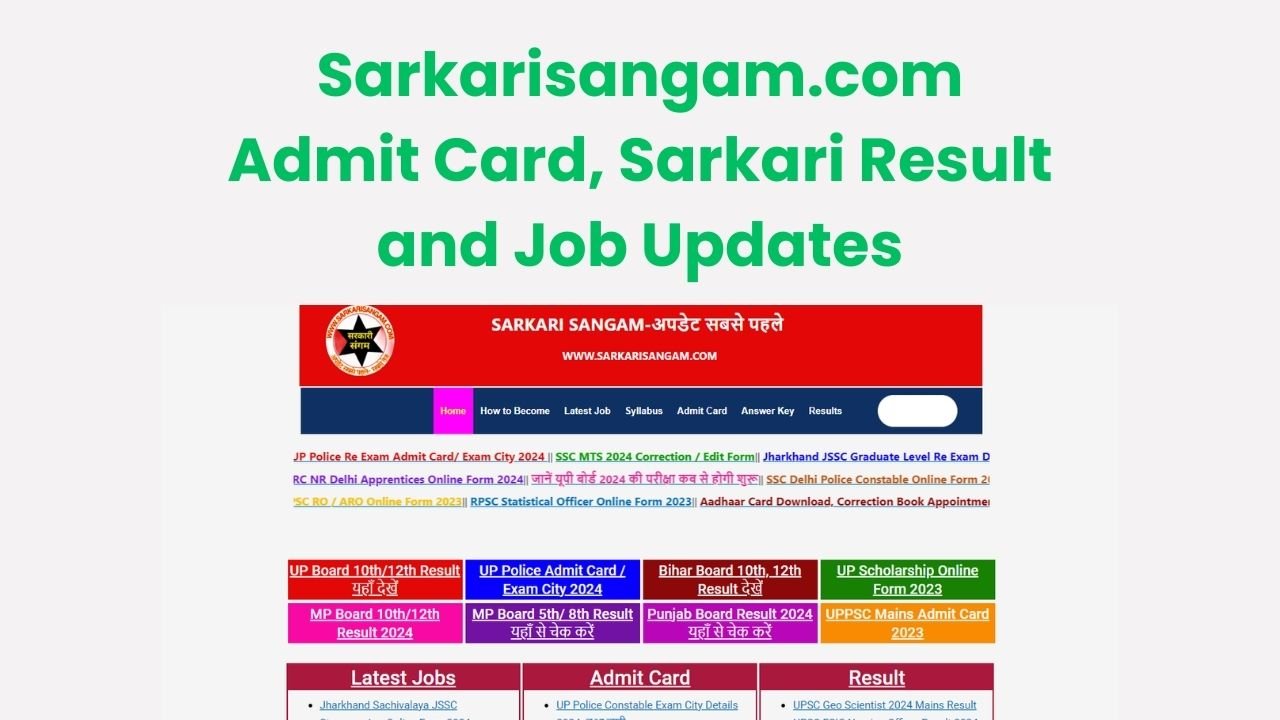People are now more wary of odd emails or texts due to the increase in internet scams. The “CA Toll Invoice” scam, which sends fictitious toll invoices via the website Catollinvoice.com, is one of the most recent schemes aimed at Californians.
Everything there is to know about this scam will be covered in this blog post, including how it operates, what to watch out for, and self-defense techniques. In order to eliminate any confusion, we’ll also provide a useful FAQ section.

What is the CA Toll Invoice Scam?
Fake toll invoices are sent to gullible people as part of the CA Toll Invoice scam. These fictitious bills frequently have a genuine appearance and may purport to be from a toll corporation, demanding payment for using toll roads. Catollinvoice.com is the website that is associated with this scam. The scam attempts to deceive victims into paying a bill they do not owe in order to steal money or personal information.
Because toll roads are widespread in California and many people receive actual toll bills for utilizing the state’s highways, bridges, or express lanes, scammers employ this tactic. Though the fraudulent invoices could appear to be authentic, there are methods to distinguish them.
How Does the Scam Work?
- Phake Invoice Sent: The victim is informed via email, text message, or letter that they owe money for using a toll road in California. The victims will receive a URL to catollinvoice.com where they can pay the bill.
- Payment Request: When you click the link, a page that resembles an official toll website loads. This page will ask for personal information from you, such as your name, credit card number, and license plate number.
- Data Theft: Once you enter your information, scammers steal your money or personal details. In certain cases, they might even use the stolen data to commit more fraud.
- Urgency Tactic: The fake invoice can mention additional fines or legal action if payment is not made immediately.
Red Flags of the Catollinvoice.com Scam
- Unexpected Bill: Getting an invoice might raise red flags if you haven’t utilized a toll road or if you haven’t paid any outstanding tolls.
- Unfamiliar Website: There is no official California toll authority connection to the website catollinvoice.com. “.gov” or other secure domain names are typically used for official websites.
- Demands for Payment in Urgently: Con artists frequently utilize intimidating language, including threats of fines or penalties if you don’t pay them straight soon. Such coercive measures are not usually employed by real toll authorities.
- unfamiliar Sources of Emails or Phone Numbers: Exercise caution while responding to emails or calling unfamiliar numbers. It’s probably a fraud if the phone number or email address does not correspond with the official information provided by the toll company.
How to Protect Yourself
- Examine Official Toll Websites: You should always check the official websites of the toll company in your area or the California Department of Transportation (Caltrans) to confirm any toll invoices. Links in unsolicited emails or texts should not be trusted.
- Avoid Clicking on Dubious Links: Avoid clicking on any links in emails or texts you receive from catollinvoice.com. These links are frequently used by scammers to steal your information or install malware.
- Get in Touch with the Toll Company Directly: To confirm any costs, get in touch with the toll company directly via their official phone number or website if you have any doubts about the legitimacy of an invoice.
- Keep an Eye on Your Bank Account: Check your credit card statements and bank accounts right away for any unauthorized charges if you think you may have been duped. Inform your credit card issuer or bank of any questionable activity.
- Report the Scam: You can file a report about the scam with your local law enforcement agency or the Federal Trade Commission (FTC). It gets easier to find and apprehend the perpetrators of these frauds as more individuals report them.
FAQs about Catollinvoice.com and the CA Toll Invoice Scam
Q1: How do I know if a toll invoice is real or fake?
- A: A legitimate toll invoice will originate from a toll firm or government body and include verifiable contact details. Check directly with the toll company by going to their official website or giving them a call if you receive an unexpected fee.
Q2: What should I do if I clicked a link in a suspicious email or text?
- A: Do not enter any personal information if you clicked on a dubious link. As soon as possible, close the website and give your device a virus check. In order to secure your accounts if you provided personal information, get in touch with your bank or credit card company. You should also think about reporting the fraud to the FTC.
Q3: Can scammers steal my information if I don’t pay the invoice?
- A: Yes, if you give scammers personal information like your name, credit card number, or license plate number, they can still obtain it even if you choose not to pay the fictitious invoice.
Q4: Are these toll scams common?
- A: Regretfully, the answer is indeed. In regions like California, where toll highways are widespread, scammers frequently target drivers. Scams of this kind might occur by text, email, or letter correspondence.
Q5: What should I do if I paid a fake toll invoice?
- A: Get in touch with your bank or credit card company as once to dispute any charges if you paid a fraudulent toll invoice. Additionally, you want to keep an eye out for any unusual activity in your bank accounts.
Q6: Can I report this scam?
- A: Yes, you can report the scam to the Federal Trade Commission or the attorney general’s office in your state. Reporting frauds aids in the tracking down and closure of phony websites by authorities.
Read:- Pubnotepad.com Review: Is It Real or Fake?
Conclusion
One major problem that can result in identity theft and financial damage is the CA Toll Invoice fraud. False invoices are used by the scammers behind catollinvoice.com to deceive victims into paying bills they do not deserve. You may guard against this scam by being alert, checking any unexpected toll invoices, and reporting suspicious activity. Make sure you examine any toll payments you receive twice, and be wary of websites requesting payments quickly.
Never click on any links or enter personal information in an invoice you receive from catollinvoice.com. As you safeguard yourself by using the above-mentioned precautions, spread the word about this information to assist others in becoming aware of the CA Toll Invoice scam.



